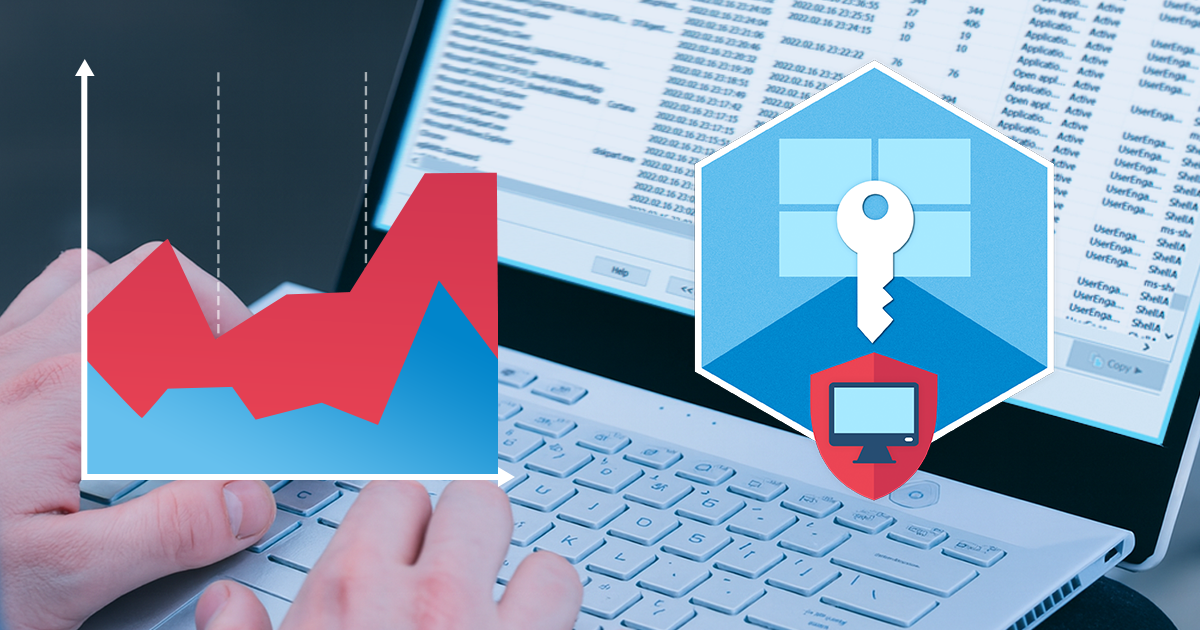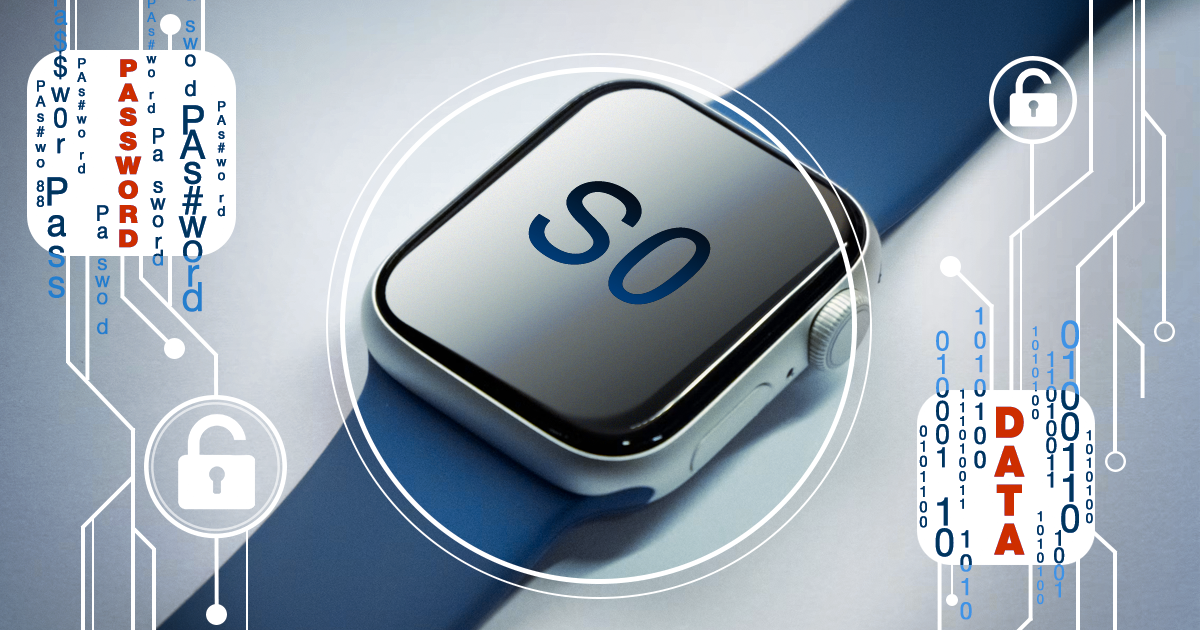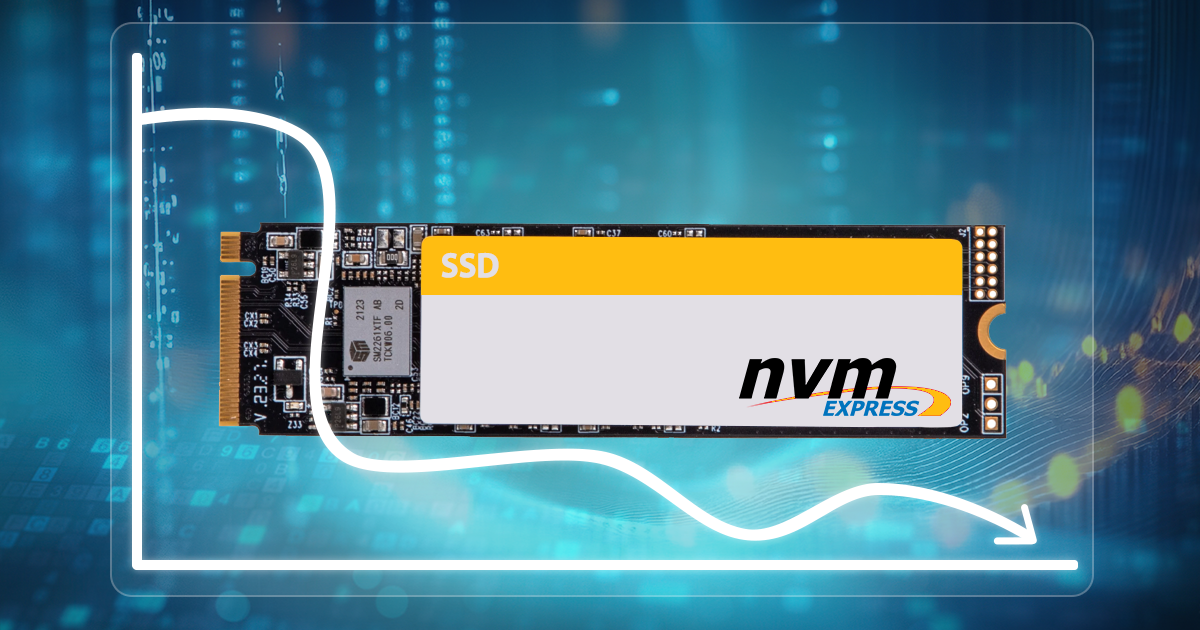We also trust these companies in ways that we do not understand yet. How many of you trust Apple? No voting… Just me 🙂 Damn! OK. May I ask you a very good question. Trusting to do what? Trusting when they say: “iMessages are end-to-end encrypted”? I mean, with all of that massive security engineering, to make sure it’s as good as it can be, so they genuinely believe they’ve done that. I do, generally, they’re great people. But… people believe themselves they can defend themselves against the Russians. If the Russians specifically targeted Apple, it’s only they can defend themselves. – Ian Levy, director at the GCHQ on anniversary of the foundation of the FIPR event that was held on 29/04/2018).
“Significant Locations” are an important part of the evidence logged on iPhones. Forensic experts doing the acquisition will try accessing Significant Locations. At the same time, many iPhone users are completely unaware of the existence of this feature. What are Significant Locations, where are they stored, and how to extract them, and what value do they serve in investigations?
We live in the era of mobile devices with full-disk encryption, dedicated security co-processors and multiple layers of security designed to prevent device exploitation. The recent generations of Apple mobile devices running iOS 10 and 11 are especially secure, effectively resisting experts’ efforts to extract evidence. Yet, several solutions are known to counter Apple’s security measures even in iOS 11 and even for the last-generation devices. It is not surprising that Apple comes up with counter measures to restrict the effectiveness and usability of such methods, particularly by disabling USB data connection in iOS 11.4 after prolonged inactivity periods (well, in fact it is still in question whether this feature will be available in new iOS version or not; it seems it is not ready yet, and may be delayed till iOS 12).
On February 28, 2018, Apple has officially moved its Chinese iCloud operations and encryption keys to China. The reaction to this move from the media was overwhelmingly negative. The Verge, The Guardian, Reuters, Wired, and CNN among other Western media outlets expressed their concerns about the Chinese government potentially violating the human rights of its citizens. Politics aside, we will review Apple policies governing the Chinese accounts, and look into the technical implementation of Chinese iCloud operations. Let us see if the fears are substantiated.
We were attending the DFRWS EU forum in beautiful Florence, and held a workshop on iOS forensics. During the workshop, an attendee tweeted a photo of the first slide of our workshop, and the first response was from… one of our competitors. He said “Looking forward to the “Accessing a locked device” slide”. You can follow our conversation on Twitter, it is worth reading.
iOS is a locked down mobile operating system that does not allow its apps to directly access files in the file system. Unlike every other major mobile OS, iOS does not have a “shared” area in the file system to allow apps keep and share files with other apps. Yet, individual iOS apps are allowed to let the user access their files by using the file sharing mechanism.
It’s been a long while since we made an update to one of our most technically advanced tools, Elcomsoft Forensic Disk Decryptor (EFDD). With this tool, one could extract data from an encrypted disk volume (FileVault 2, PGP, BitLocker or TrueCrypt) by utilizing the binary encryption key contained in the computer’s RAM. We could find and extract that key by analyzing the memory dump or hibernation files.
Forget battery issues. Yes, Apple issued an apology for slowing down the iPhone and promised to add better battery management in future versions of iOS, but that’s not the point in iOS 11.3. Neither are ARKit improvements or AirPlay 2 support. There is something much more important, and it is gong to affect everyone.
2FA, 2SV, Apple, backup, FaceID, iCloud, ios 10, ios 11, iPhone, iTunes, password, Security, TouchID
What are iCloud authentication tokens? How they are better than good old passwords? Do they ever expire and when? Where to get them? Is there anything else I should know about tokens? This publication opens a new series on token-based authentication.


